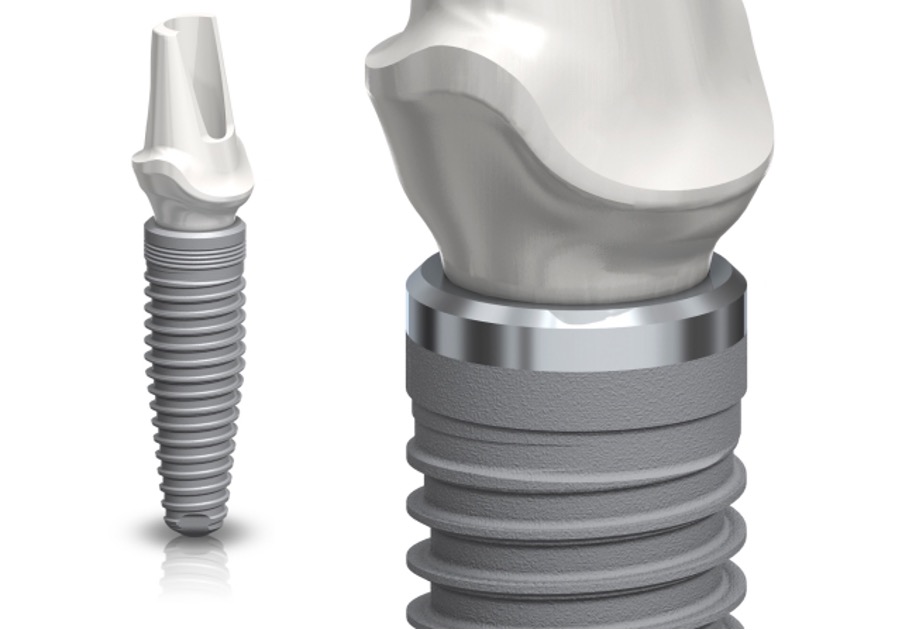Dental Implant Placement: A Modern Solution for Tooth Loss
Dental implant placement represents a modern solution for replacing lost teeth. Although it is a high-tech and precise procedure, implant rejection can sometimes occur. To ensure a successful treatment, it is essential to understand why this problem arises.
The Role of Bone in the Implant Process
When a dental implant is placed, it must be positioned correctly in the bone and eventually integrate with the jawbone. This process is known as “osseointegration.” The bone must be strong and healthy enough to provide stability for the implant. Low bone density or poor bone quality can prevent successful osseointegration, leading to implant failure.
Risks and Complications of Dental Implant Placement
Dental implant placement involves several risks that can affect the outcome. These include infection at the site, improper placement technique, or mechanical issues with the implant. Additionally, patients with certain health conditions, such as diabetes or autoimmune diseases, are at higher risk of complications that may result in implant failure. Smokers also fall into a high-risk category, with a greater likelihood of implant rejection compared to non-smokers.
The Impact of Oral Hygiene on Implant Integration
Maintaining regular oral hygiene is essential both before and after implant placement. Daily brushing and gum care prevent bacterial buildup that can lead to infections and contribute to peri-implantitis—an inflammatory condition around the implant that may result in its rejection. Ongoing oral health care is key to the long-term success of a dental implant.
Individual Factors and Body Response
Sometimes the body simply reacts negatively to the presence of a foreign object like an implant. While modern dental implants are designed to closely mimic the function and appearance of natural tooth roots, individual variations in immune response can lead to implant rejection.
How to Improve the Success Rate of Dental Implants
Successful implant placement requires careful planning, including an evaluation of bone quality and the patient’s overall health. Identifying potential issues in advance, such as insufficient bone or existing health conditions, helps create the ideal conditions for successful implant integration. Advanced dental procedures, specialized materials, and thorough pre-operative assessments significantly reduce the risk of failure.
Ultimately, understanding the causes of implant rejection helps identify potential risks and apply the right preventive measures. This greatly increases the likelihood that the patient will enjoy the full function and aesthetics that dental implants are designed to provide.



